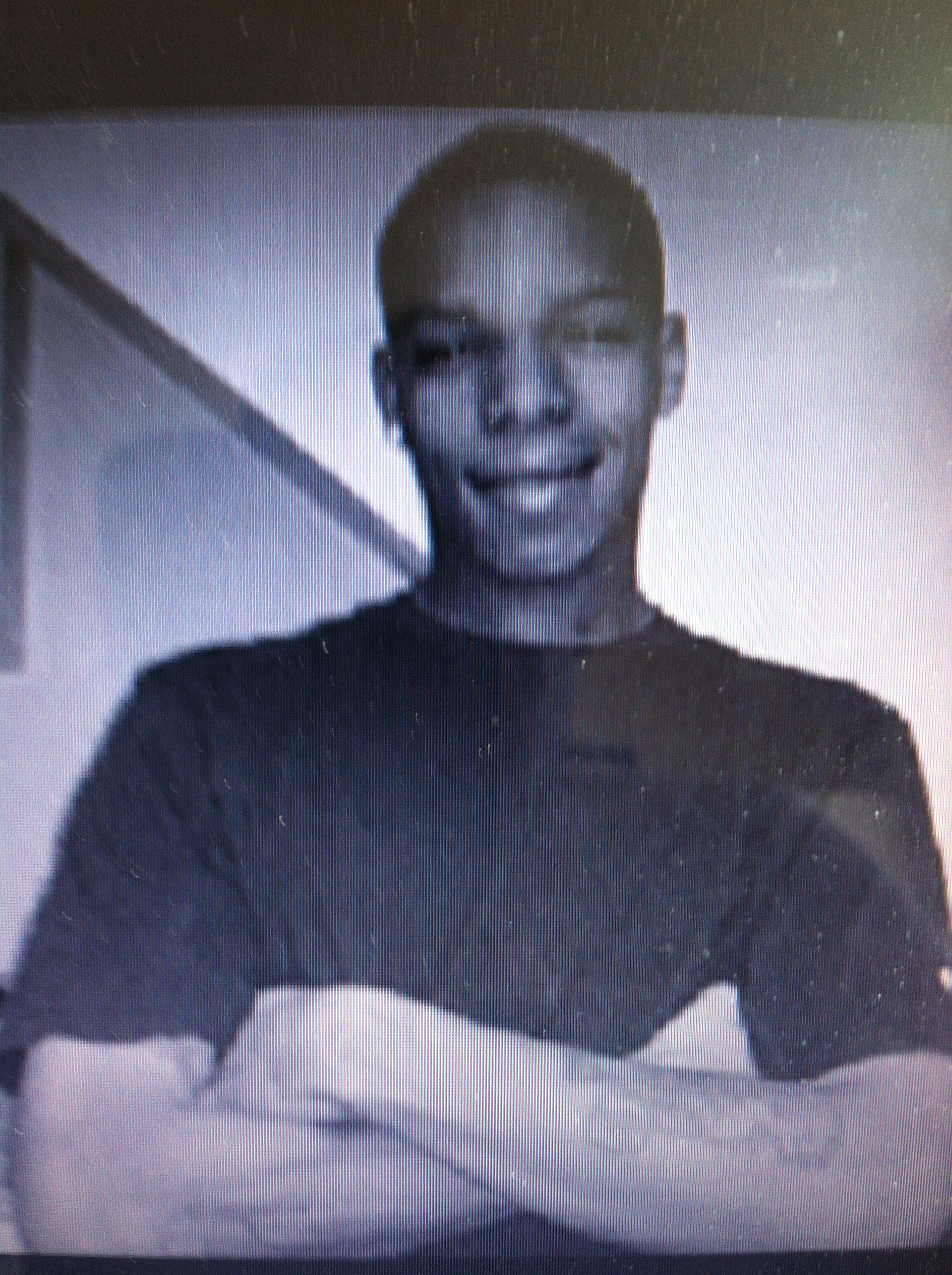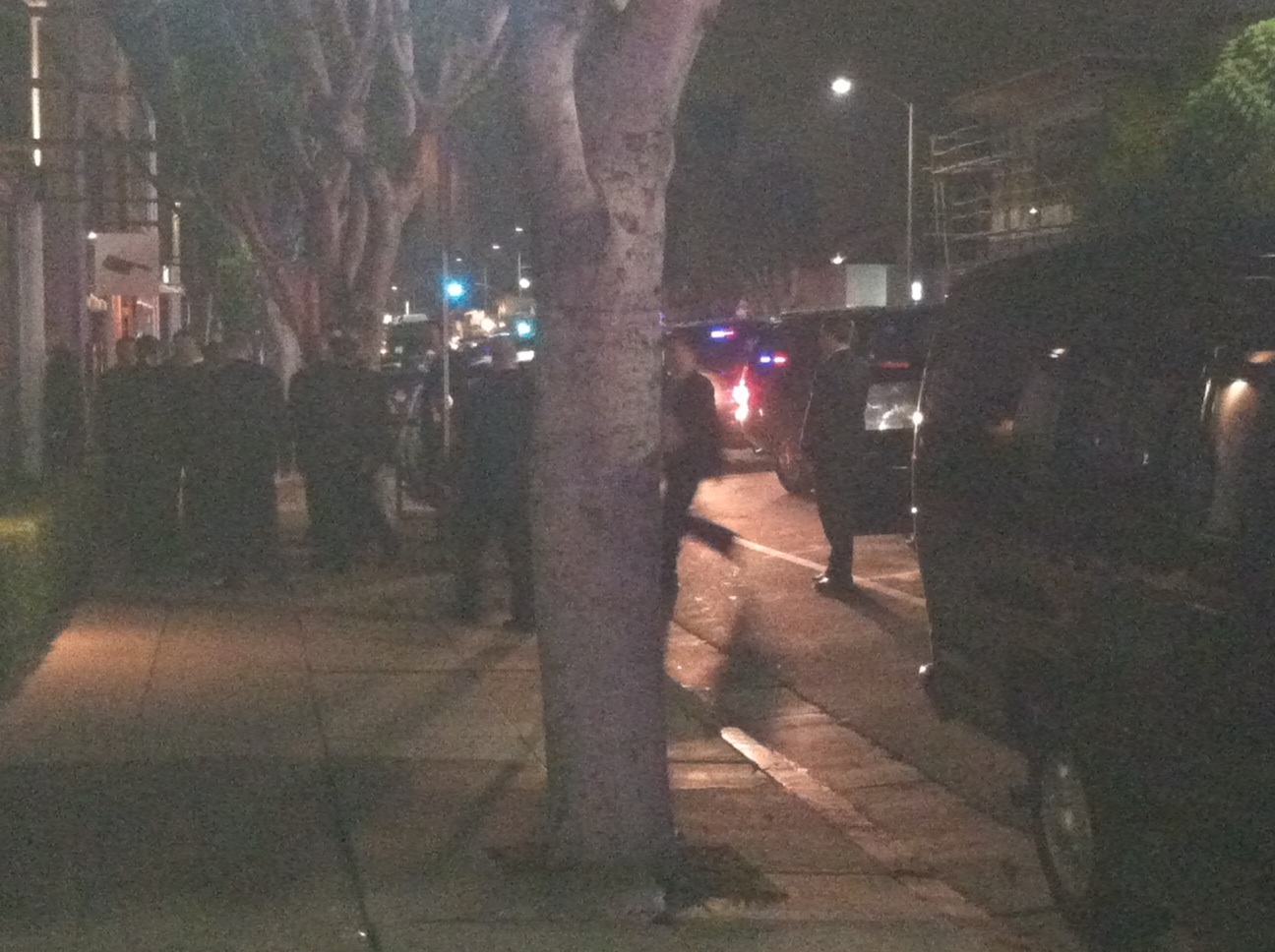An intense Los Angeles Police Department presence on the streets of two very active gang neighborhoods has so far helped prevent payback shootings after an outbreak of violence last week between the Hoover Street Criminals and the Main Street Crips left a man dead and several wounded.
Since the shootings, several people have been arrested and more than a half-dozen guns confiscated including an assault rifle and a shotgun seized Tuesday morning near 84th and Hoover. Saturday, a daytime raid at a Hoover gathering netted six arrests and four guns, authorities said.
But, police commanders said it wasn't just the sheer numbers of officers out on the streets that has so far quelled the bloodshed, but rather how the LAPD is going about dealing with the situation.
"We are using a three-prong approach to this problem; detectives, patrol officers and gang interventionists," said Capt. Phil Tingirides, commanding officer of the Southeast Division where the homicide of Douglas Wooley, 27, occurred Thursday morning. Tingirides credited gang interventionists with helping squash rumors that traditionally run wild after street shootings and, in doing so, calming some very tense neighborhoods.
Perhaps even more importantly is the dramatically different way the LAPD now interacts with the community compared to, say, 10, 20 years ago.
"We have created a lot more relations with the community that we didn't have before," said Tingirides. "A lot of people have good relationships with specific officers and detectives and they give them tips. They help eliminate a lot of the guess work and we can focus on putting pressure on the right people."
At South Bureau's Criminal Gang Homicide Division, commanding officer Lt. Jeff Nolte agreed the biggest change in LAPD tactics is simply the relationship with the residents of the communities they serve.
"The reason why it's been effective now is these guys, the patrol officers have been trained how to deal with the community," said Nolte, adding that 20 years ago it was "all about suppression, but now we know we can't just arrest our way out of the problem."
"You can drive up and down the streets, and that might deter gang members, but that's not going to go toward solving the problem. We are doing an education and prevention piece. We might be stopping a lot of people, but we are talking to them, not just arresting them."
Nolte also credited the detectives of Criminal Gang Homicide Division.
"We have detectives like Sal [LaBarbera], Chris [Barling], and Rick [Gordon] who really care about the community and know its history and patrol is picking up on that," said Nolte. "They are trying to fix the larger problem, not just go a weekend without violence. "
Though there have been more officers loaned from other divisions to Southeast and 77th divisions, two deadliest in the LAPD, Nolte said, "It's just not simply a matter of more cops. It's more cops getting out and engaging the community. Education and prevention. That's what's been driving down the crime."
But,, the most stunning change since the wild days of the 1980s and '90s is previously absolutely-unheard-of- notion among gang members that the police actually give a damn about who shot them.
"One of the things that causes the gang mentality reaction is the feeling that the police don't care," said Capt. Tingirides "They think 'They are not going to do anything about my family member getting killed.' So, the only way for them to get justice is to take care of it themselves. But, now there is a different mentality emerging and that is maybe we do care. And you know what? We do."










